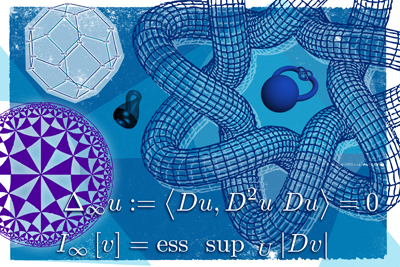By Sarah Geegan, Lea Mann
 University of Kentucky math professor Carl Lee recently received the Kentucky Mathematical Association of America award at the annual KYMAA meeting at Bellarmine University. The award is given annually to one mathematician from across the state.
University of Kentucky math professor Carl Lee recently received the Kentucky Mathematical Association of America award at the annual KYMAA meeting at Bellarmine University. The award is given annually to one mathematician from across the state.
The Mathematical Association of America, (MAA), is a national professional mathematics society, which focuses on collegiate teaching. The Kentucky section draws from all colleges and universities across the state and recognizes one member each year for distinguished college or university instruction.
Lee said he was surprised but honored to receive the award.
"This was very unexpected," Lee said of his award. "I was attending the annual meeting of the Kentucky Section of the Mathematical Association of America at Bellarmine College in Louisville, and they surprised me with the announcement. I feel very honored to be receiving this award, and know that I have a lot to do to live up to, with the reputations of the past awardees."
Several colleagues in the UK Department of Mathematics nominated Lee for the award, writing letters of nomination to the award committee.
Benjamin Braun, a fellow professor in the UK Department of Mathematics, praised Lee's work with students in his nomination.
"I have been very impressed at the level of engagement Carl fosters in his students through the use of a combination of traditional lecture and group-based discovery learning," Braun said in his nomination letter. "His students are eager to learn and are confronted with appropriate challenges in mathematics, reflecting Carl’s interest in determining zones of proximal development for students."
As the award winner, Lee will speak at the upcoming KYMAA meeting and will also be considered for a national teaching award from the MAA.
Lee credits his experiences at UK as instrumental in winning the award.
"The University of Kentucky has offered rich opportunities to contribute to and benefit from significant teaching and learning experiences at multiple levels," Lee said. "Each mathematics class is an environment for focusing on the growth of individual students' capacity. I am gratified when students move from an exposure to new ideas, to a deepening knowledge gained by doing mathematics individually and collaboratively, to increased experience with communicating mathematical ideas, to thinking of new problems to consider, and to developing new avenues of investigation."
